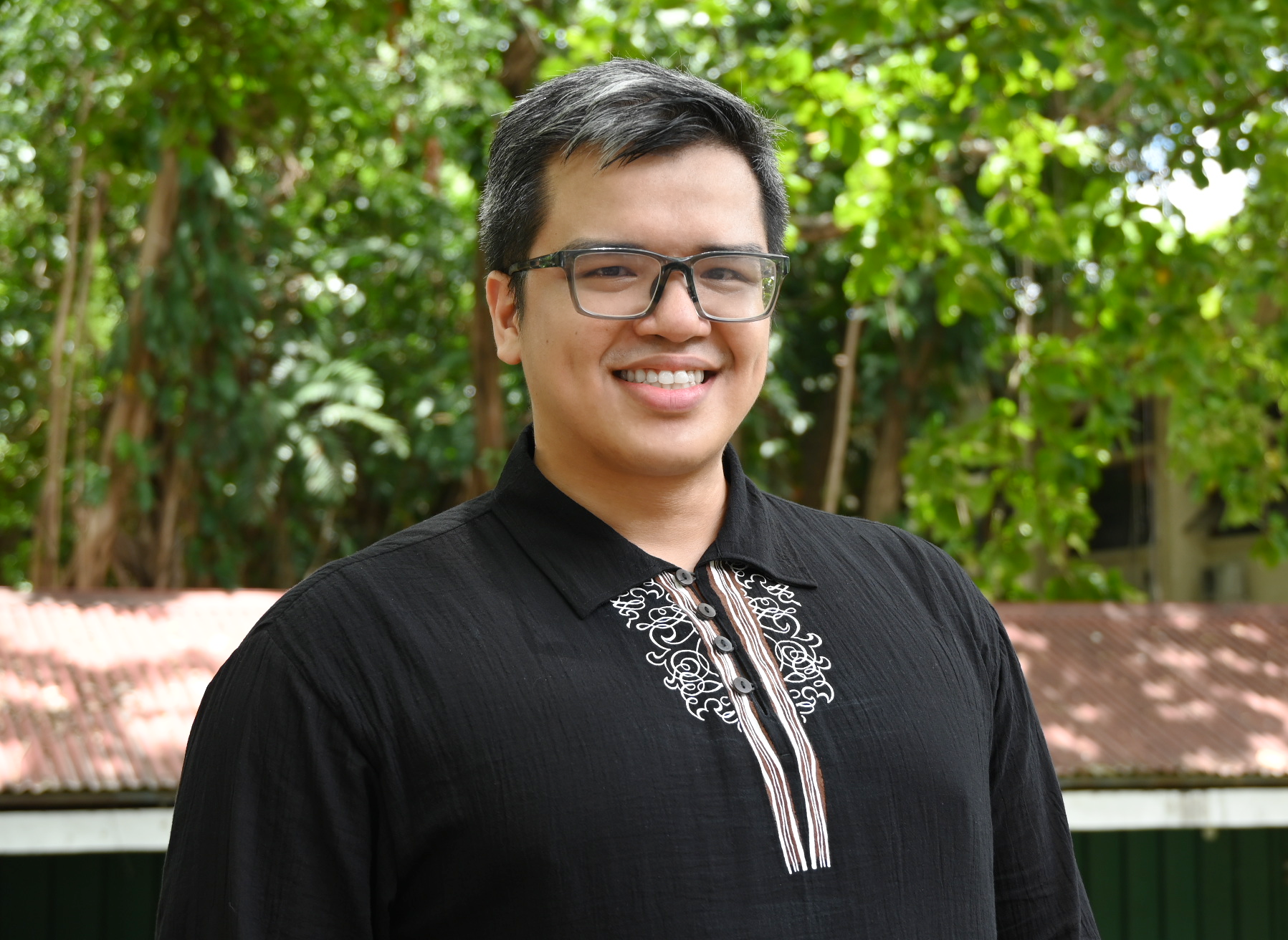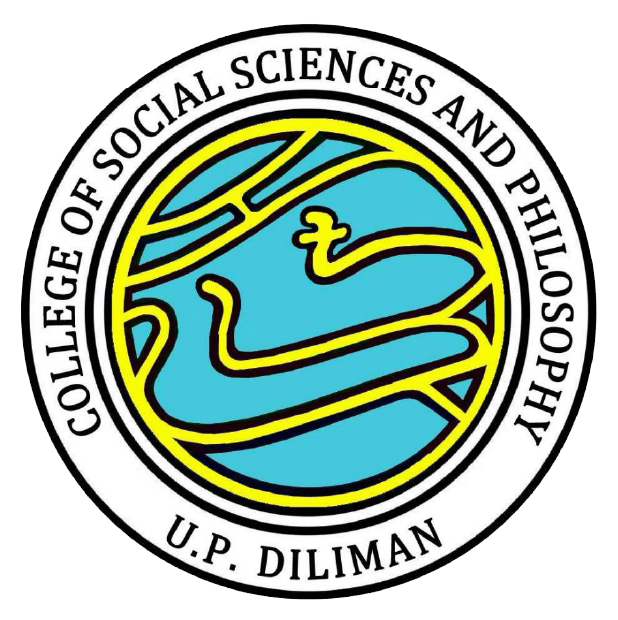The Philippine Army Theory of Victory
Future of Philippine Warfare
As the Philippines progresses further into the 21st century, the unpredictability of security conditions creates multiple possibilities in terms of future threat scenarios. This ambiguity emphasizes the need for the country’s defense institutions to adapt and evolve through the development of defense capabilities, and as necessary, a redefinition of security policies, doctrines, and strategies. In exploring the future of Philippine ground warfare, current threats encountered by the Philippine Army are examined vis-à-vis the trend of hybridization, due to globalization, mass communication, and rapid technological innovation. To contribute to the discourse on the Philippines’ theory of victory, this paper argues that the concerted efforts of Army units, utilizing Landpower Maneuver, to supplement the actions of the Joint Force, will lead to enemy forces abandoning the idea of conflict in its entire spectrum due to loss of capability or will. The objective is to achieve an end-state where threats are deterred to start or continue conflict, by exploiting opportunities in all domains and dimensions of the security architecture. To further demonstrate the Philippine Army’s theory of victory, multiple future scenarios involving hybrid threats to the ground force are employed in this paper. Towards the end, an overview of how Philippine Army’s ground defense strategy and capability development direction are highlighted to describe the Army’s path to victory.
Keywords
Philippine Army
Theory of Victory
Hybrid Threat
Hybrid Warfare
Landpower Maneuver
Capability Development
Faculty Involved:

Micah Jeiel R. Perez
Assistant Professor
Focus: Sports history, Philippine nationalism, Military history, Martial law, defense and security studies, and Urban history.



